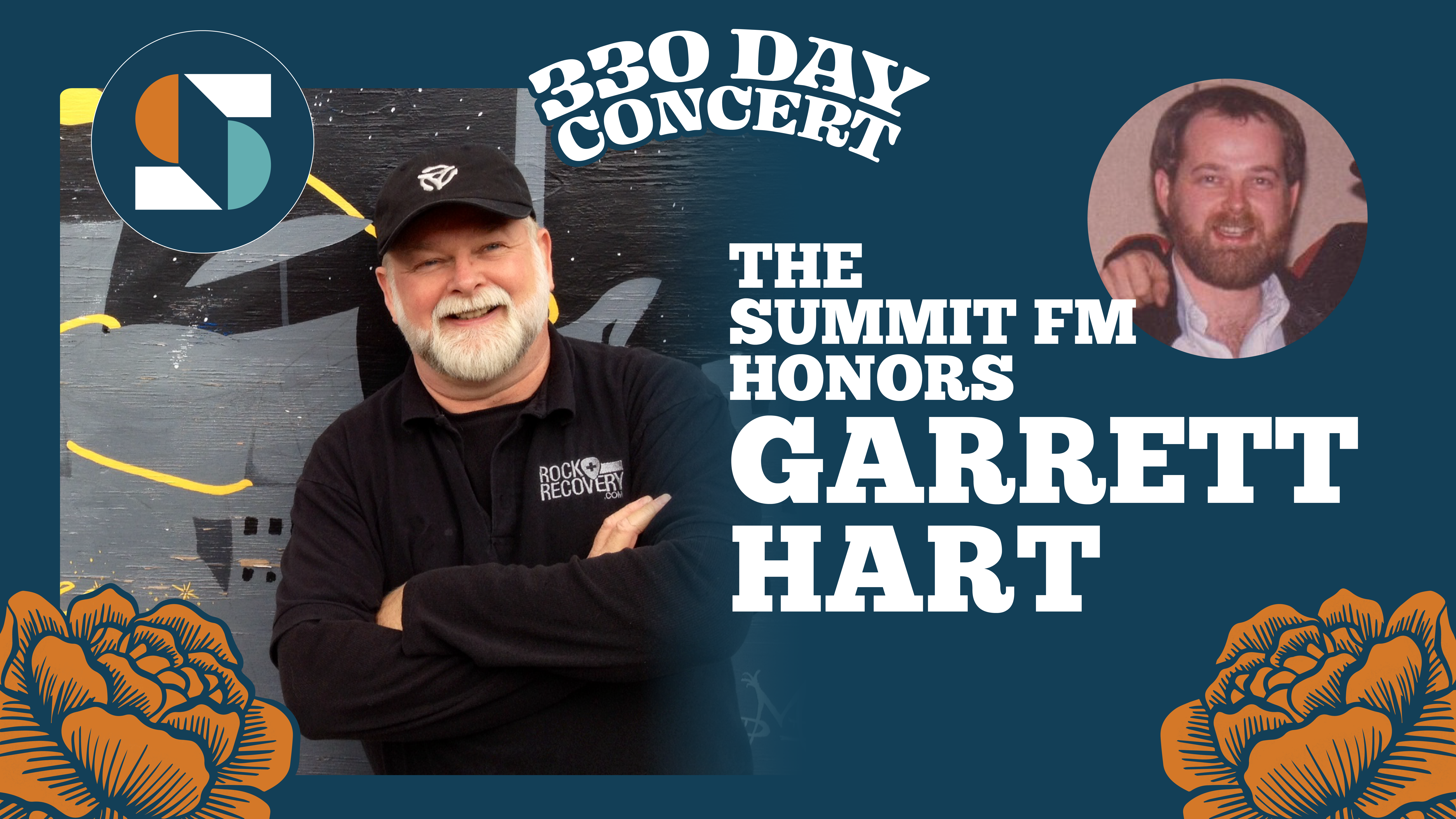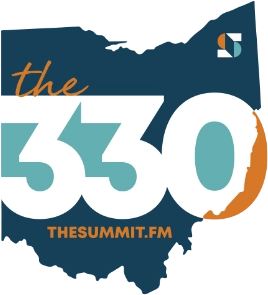Summit Wellness: Gratitude - "Our Body Of Work"

By Matt Anthony - Summit FM Digital Media Specialist
“So, you’re the guy who never responded to any of the tapes I sent to you!?”
We both howled in laughter. It was the first time that I had met Garrett Hart. I was getting a tour of the Ott Building with Jim Chenot, and Garrett came bouncing out of a studio and was immediately called over by Jim.
Not only did Garrett and I share a common bond of grappling in the ‘radio wars’ after long careers, but we were also able to compare notes on a city a couple of hours to the southeast: Pittsburgh. Garrett was a native of the Steel City, and I worked in the ‘Burgh with KDKA radio, from 2001 until 2006. I could detect the recognizable southwest Pennsylvania cadence in his speech.
Leaving the Ott Building after my tour, we also shared an additional chuckle as Garrett easily slid into ‘Pittsburgh-ese,’ comically mocking me as I departed with a ‘Yinz be careful ‘aht there with that winter weather ‘n ‘at. It could be slippy!”
How do we define a ‘body of work?’ What is my body of work? What is yours? It takes no time at all to pore over the massive body of work of, say, The Rolling Stones, or Stephen King, or Martin Scorcese. It’s also easier to access that work. A library gives it to us at a moment’s notice. (and now, naturally, Netflix, Audible, or Spotify!)
Coincidentally, I had been re-arranging some of my things in my home-studio when I heard that Garrett Hart was retiring after 50 years in broadcasting. I sat motionless trying to imagine being involved in something for a half-century. I thought about a person’s body of work, and what it might mean in the scheme of things.
To my right sat an oblong box full of cassette tapes. They included composites and recordings I had saved of past on-air performances, promos that I had voiced, and countless commercials that I had written and produced over the years. Sprinkled around the box were a few CD’s, as well as a couple of rogue DAT tapes, at the time the so-called ‘future’ of audio-archiving. I realized that inside this make-shift modern studio that a cassette player was nowhere to be found. Ha! I couldn’t possibly access this ‘body of work’, even if I wanted to!
I also knew that, unlike Stephen King and Martin Scorcese, my body of work would, more than likely, never be heard again. Nobody would demand a copy of the PM Drive show I did in 1994 at Arrow 94.7, in Washington, D.C. Nobody would ask to read a promo I had written for Opening Day. between the Red Sox and Orioles, for WEEI-FM in Boston. It was as if those decades of work, archived for posterity on those cassettes, served no purpose other than to fill up a box and be left in a dark closet.
But after having the chance to work with Garrett, to be a teammate of his, and to witness his attention to detail and long-time commitment to The Summit FM, I began to understand that a person’s work-life isn’t just a static thing meant to be archived and admired from a distance. It’s a living, breathing thing. It lives on in the people that we touch and the impact that we make.
Garrett’s contribution to broadcasting is immense. While his on-air performances may not be catalogued in a wing of a museum, they honor, in real time, the importance of broadcasting as a medium of expression. The information, humor, and knowledge that he has imparted over this half decade…to listeners, co-workers, employees, members, and underwriters…matters way more than whether it can be accessed on You Tube or in the public library.
The markets where he has worked. The people that benefitted from his knowledge. The companies that profited from his expertise. Heck, just his contributions to KidKam! Radio and Rock and Recovery, alone! All of these hallmarks of an illustrious career are things that everyone can point to when honoring this titan of a broadcaster.
More importantly, though, he understood the role and the mission of this noncommercial public radio entity…AND…he’s just a good guy. Sure, I would have loved to work at WDVE-FM, in Pittsburgh, earlier in my career. I joked with him several times that, as the Program Director of WDVE, he probably erased all those demo-cassettes I had sent him, and re-used them! But I’m grateful that I had a chance to work with this radio broadcasting legend. His body of work is intact, and it’s appreciated and respected.






